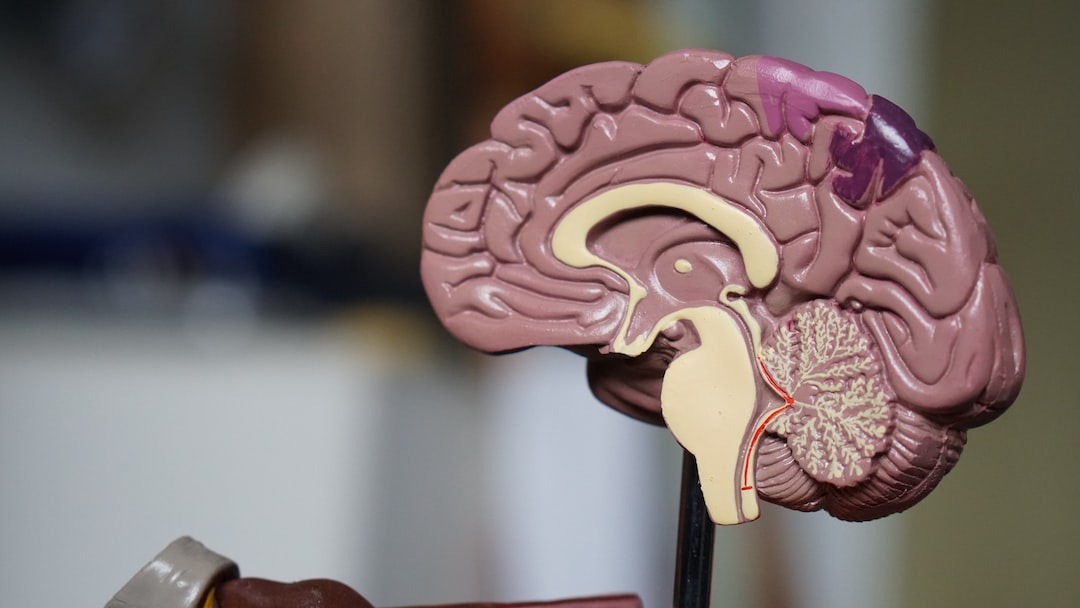
Alcohol abuse is one of the most common health issues in America. Millions of individuals are impacted by the symptoms and side effects of alcohol use disorder (AUD) and binge drinking every year. According to the Centers for Disease Control and Prevention (CDC), “Binge drinking is the most common and costly pattern of excessive alcohol use in the United States.” The Redpoint Center helps adults and teens recover from alcohol abuse using psychotherapy, prescription medication, and other evidence-based treatments.
What Is Considered Binge Drinking?
According to the previously mentioned article by the CDC, “Binge drinking is defined as consuming 5 or more drinks on an occasion for men or 4 or more drinks on an occasion for women.” Social drinking may cause people to unintentionally binge drink. Individuals are often unaware they have abused alcohol even after drinking more than intended.
American media has normalized binge drinking. Most people grow up seeing characters or celebrities abusing alcohol by regularly drinking over the recommended limit. Many people are unaware chronic alcohol abuse causes severe and sometimes deadly health side effects.
The Impact of Peer Pressure on Adolescent Alcohol Abuse
Peer pressure is one of the most common reasons adolescents and young adults binge drink. According to the Substance Abuse and Mental Health Services Administration (SAMHSA), “Peer pressure is a leading risk factor for underage drinking and other drug use, so it’s important that kids be equipped with information and ways to say ‘no.'” Parental figures and leaders in the community are responsible for ensuring adolescents understand the dangers of alcohol abuse and how to stand up to peer pressure. The Redpoint Center treats teens experiencing substance abuse.
Potential Social Consequences of Binge Drinking
Binge drinking has the potential to negatively affect personal relationships and other areas of an individual’s life. Alcohol abuse often causes a ripple effect in families and communities. Many people are impacted by one person’s choice to misuse alcohol and other substances. Often, AUD causes tension in relationships with family members, spouses, and close friends.
Some additional potential social consequences of binge drinking include:
- Increased risk-taking behaviors, including unsafe sex
- Financial strain due to spending excessive amounts of money on alcohol
- Difficulty making career advancements due to loss of productivity
- Increased aggression, mood swings, and other changes in temperament
- Possible legal issues caused by breaking the law while under the influence of alcohol
Individuals engaging in binge drinking may also unintentionally cause others to participate in unsafe behaviors due to peer pressure and a desire to “fit in” with the group. Avoiding alcohol abuse in social situations is the best way to reduce the social consequences of binge drinking.
Health Side Effects of Binge Drinking
Binge drinking has the potential to cause a wide range of health issues. Below are some of the short- and long-term side effects people may experience.
Short-Term Side Effects
People who do not have a history of chronic substance abuse may notice the following side effects if they binge drink:
- Blackouts, memory loss, and other memory issues
- Depressed breathing and increased risk of unconsciousness, coma, or death
- High blood pressure
- Increased risk of deadly accidents, injuries, or illness
- Potential for alcohol poisoning or overdose if combined with other substances
Alcohol harms multiple body systems. Cognition, heart health, and kidney and liver function may be impacted by frequent binge drinking.
Long-Term Side Effects
The long-term effects of alcohol abuse include:
- Increased risk of developing a mental health disorder
- Weakened immune system
- Reduced life expectancy
- Increased risk of liver and kidney damage or failure
- Heart disease
- Increased risk of cancer
- Brain damage
- Significant relationship problems
Symptoms and side effects exist along a spectrum. Some people may experience a small number of very mild side effects, while others may experience severe, persistent, or terminal side effects of alcohol abuse. Early intervention and professional addiction treatment provide the best outcomes for individuals struggling with alcohol abuse.
How Can The Redpoint Center Help Clients Recover From Alcohol Abuse?
Individuals diagnosed with alcohol use disorder often benefit from integrative care and a combination of treatment modalities. According to the Agency for Healthcare Research and Quality (AHRQ), “Alcohol use disorder can be a long-term condition, like high blood pressure or asthma. You may need treatment over a long period of time.” The clinical team prepares clients for long-term recovery by providing multiple levels of care, skill development, and aftercare services.
Some of the most effective treatments for AUD offered at The Redpoint Center include:
- Psychotherapy
- Behavior modification
- Group therapy
- Support groups
- Medication-assisted treatment (MAT)
- Peer support
- Family therapy
The Redpoint Center provides clients and their loved ones with the tools and resources to recover from alcohol abuse. Clinicians also educate families and the community on how to avoid binge drinking and other dangerous activities.
Millions of people regularly engage in binge drinking without understanding the danger. Binge drinking may lead to dependence or addiction if left unaddressed. Individuals misusing alcohol do not need to be addicted to experience life-threatening health issues caused by binge drinking or other forms of alcohol abuse. Unintentional alcohol poisoning, accidents caused by driving under the influence, and other consequences of binge drinking have a devastating effect on a person’s life. The Redpoint Center treats alcohol use disorder and educates individuals on the dangers of alcohol abuse. The clinical team provides personalized treatment plans and multiple levels of care to individuals with AUD. Learn more about our programs and services by calling us at (303) 710-8496.







 15Mental health
15Mental health



